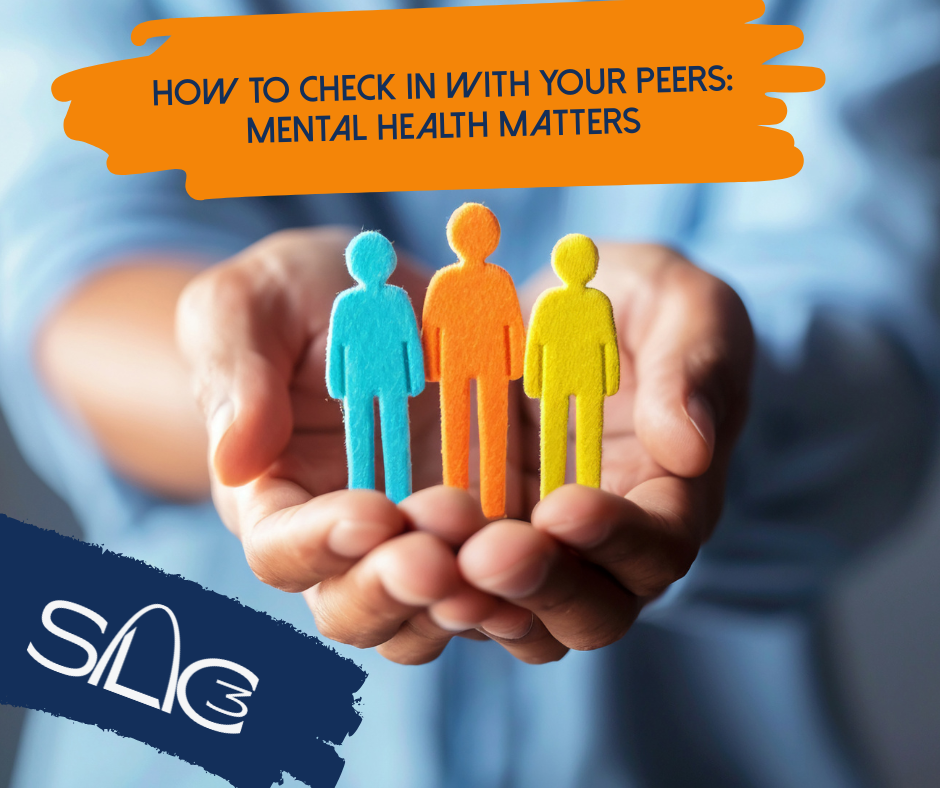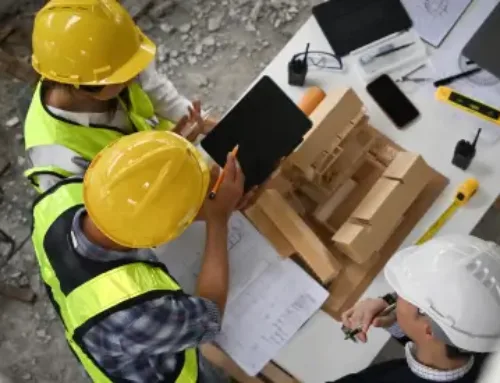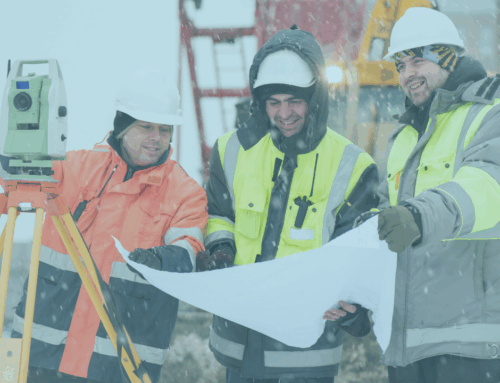In the fast-paced world, mental health often takes a back seat to deadlines, budgets, and demanding project schedules. This doesn’t apply to only you, but everyone you work with.
Our coworkers or employees, like you, show up to work with professional and personal stressors weighing on them. They might get the job done; however, their well-being is vital to team success. To help support their mental health, the first step is a simple check-in.
Recognizing the Signs
It can be hard to know when to check-in. Pay attention to shifts in normal behavior. A peer might need extra support if they:
- Withdraw from team interactions
- Show a noticeable dip in performance or motivation
- Seem unusually tired, irritable, or down
- Drop small hints in conversation about stress or hopelessness
Why Peer Check-Ins Matter
Stress, long hours, and the weight of responsibility are common across the AEC industry. These pressures can lead to burnout or isolation, and its often colleagues, who notice the first signs. A simple, genuine check-in can open the door for someone to feel seen, supported, and less alone.
Starting the Conversation
Reaching out doesn’t have to be complicated. A supportive question in a private moment can go a long way:
- “I’ve noticed you seem stressed—how are you doing?”
- “It’s been a busy season. How are you holding up?”
- “I just wanted to check in. How are things going for you?”
The goal isn’t to solve the problem—it’s to show care.
Listen First
When a peer opens up, the most powerful thing you can do is listen. Give your full attention, avoid judgment, and validate their feelings. Sometimes, being heard is the first step toward feeling better.
Offer Support Without Overstepping
- Encourage professional resources like EAP or wellness programs.
- Suggest small actions like taking a break or connecting with colleagues.
- Let them know you’re available to talk again.
- Remember—you’re a peer, not a counselor, and that’s okay.
Building a Culture of Care
One check-in can make a difference, but a culture of care is what sustains us. By normalizing mental health conversations and showing empathy, we strengthen our teams and our industry.






